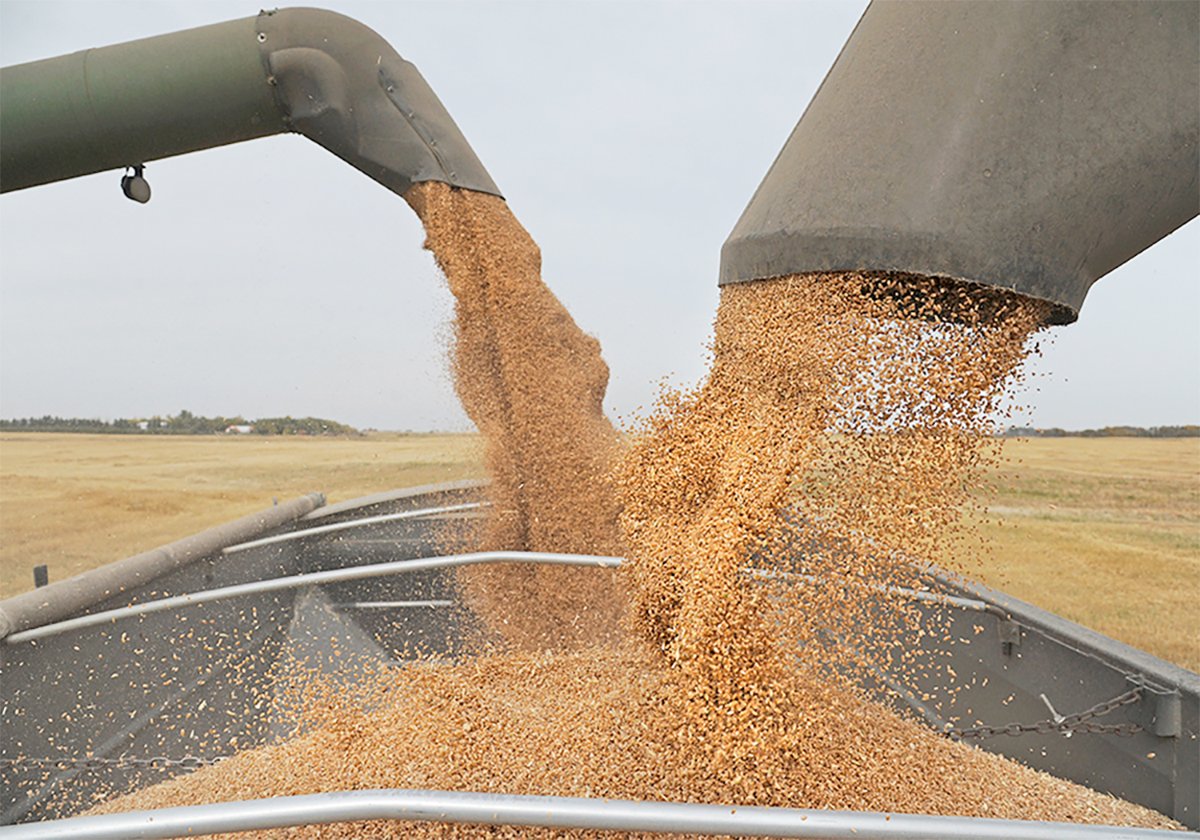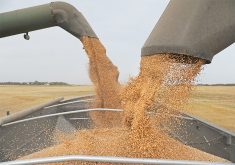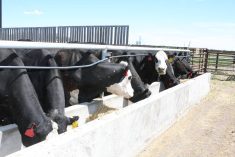THE FINANCIAL meltdown in Canada’s hog industry is the first great test of the new generation of farm programs and early signs are not good.
The Conservatives like to brag that they “put farmers first” and that the Growing Forward programs are so much better than those awful Liberal-designed programs.
They believe that what is in place will replace the need for ad hoc payments. Finally, a farm program system that works for farmers! Or not.
Here we have the multibillion-dollar hog industry, hanging on by its fingernails after years of hard hits, losing millions of dollars and with many of its major operators on the verge of bankruptcy, finally conceding that existing programs will not do the trick.
Read Also

Agriculture productivity can be increased with little or no cost
There’s a way to enhance agricultural productivity with little or no cost. It doesn’t even require a bunch of legislative changes.
They are appealing to Ottawa for an aid package that would cost at least $1 billion, $30 per hog.
For context, this is not an industry prone to asking for government bailouts. It is an export-dependent industry that is paranoid about any government assistance that might trigger other countries to launch countervails or close borders. They are pleading for a massive aid package.
Yet the initial government public response seems to indicate that the Conservatives actually believe their tweaks to Liberal programs solve the problem.
With a billion-dollar aid request in his back pocket and a recent warning from the Canadian Pork Council that large swathes of the industry are at risk, agriculture minister Gerry Ritz seemed blasé last week about program inadequacy.
Questioned about the plight of the hog industry, he referred to past programs like cash advances, money for a sow cull program and $80 million for swine disease problems.
“I think the pork industry has been very well served,” he said in the House of Commons. “We will continue to work with the industry toward brighter days.”
That response offered no glimpse of the dire straits that he knows hog producers are in, including some in his own riding.
He noted the hog industry is cyclical. Unfortunately, with recent industry hits, the cycle has been downward.
But there was an even more bizarre response. Government market access efforts are part of the solution to the immediate problem, said Ritz.
“We are heading south again this coming week to Colombia and we are taking along Canada Pork International to take advantage of a growing marketplace down there,” he said May 14.
What good news for a hog producer in Manitoba facing a bank call on his $1 million debt.
“Be patient, sir,” he can say. “The government of Canada is trying to open the Colombian market to more Canadian product. When that happens, maybe in 2011, if my hogs are part of the shipment, I’ll be able to talk to you about repayment.”
Ritz downplayed the possibility of an ad hoc payment, insisting the answer is existing programs. The response was cold comfort to hog producers in crisis.
It was an indication that the Conservative government believes its rhetoric about “fixing” farm programs.
Unfortunately for farmers in crisis, access produces the same old story – a program based on history not nimble enough to deal with today’s problems.
In opposition, the Conservatives understood that.














